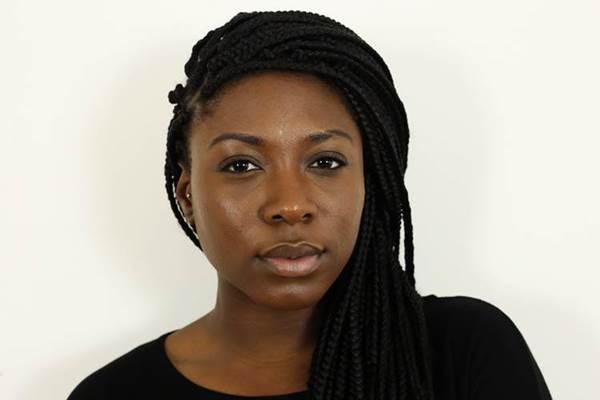Black Heart Scholar Amina Abonde-Adigun talks about how an educational foundation saved the day

I was awarded a Black Heart Scholarship earlier this year. It is supporting me through my studies, an MSc in Public Health at the London School of Hygiene and Tropical Medicine.
It’s emphasised to me the importance of continuous support, right back to my primary school days over 20 years ago. I attended a school in Rotherhithe, south east London, where pretty much everyone was working class. It was an ethnically diverse school. My own parents had come to work in London from Nigeria in the 1980s.
One of my teachers, Mrs Shaw, in year 5 changed my life. She noticed something in me and said to my Mum that I should apply for an independent school. As a relatively new arrival in the UK, Mum did not really know about the schools’ scene and this, therefore, had not even been on her radar.
I took the common entrance exam and won places at two independent schools. One of them offered me a full scholarship and was also more diverse in its student cohort, so I decided to go there. It was an amazing environment to be in and exposed me to activities, such as fencing, that I had never had experience of.
After a year, however, my family moved out of London to Kent, and I managed to get into the local grammar school. I still credit Mrs Shaw for all of this. The confidence that she has given me, which led to winning a place at the independent schools in London, had stood me in good stead. I am an example of how a positive intervention from a teacher, even at primary school age, can make the world of difference.
Overall I had a positive experience at school. Whilst I was one of only two black girls in the year of 180, I didn’t experience overt racism. There were more subtle things, such as being confused for each other. Away from schools, my family had some issues and, like many families, we had financial difficulties. It meant that I started working, in retail, at the age of 16.
I always wanted to go to university, despite the financial challenges. I know what it’s like to juggle full-time studies with a part-time job. This was the case for my undergraduate degree in audiology at UCL, which I started 12 years ago and my current studies for a Masters’ in public health.
The expense of studying, particularly in London, meant that I had some paid work set up to get me through my Masters’, but this fell through because of the Covid crisis. As a result, I was planning to defer the course, which would have been incredibly disappointing. But then I decided to apply to the Black Heart Foundation which I found out about in a Buzzfeed interview with the chair, Ric Lewis. I was fortunate to receive a scholarship, which is enabling me to complete my studies.
Having the backing of the Black Heart Foundation has meant the world to me. As well as providing a grant, the Foundation also helps with mentoring and networking. As it happens, I am the one hundredth scholar the Foundation has supported, since they started awarding scholarships in 2013. It’s the brainchild of the businessman Ric Lewis, who was born in the US but has been in the UK for over 20 years. The Foundation supports young people from under-resourced and under-represented communities with “gap funding” – the hidden costs of studying, such as accommodation or the books and equipment. Ric wants to support hard-working and ambitious young people, with the aim, in his words, of “expanding their aspiration bubble.” The Foundation has just launched a crowdfunding campaign, “Each Day. Every Day.” which aims to raise £500,000 from friends, supporters and the general public, which will be matched to £1 mn by the Board, to double the number of scholars it supports to 200.
The Foundation is open to supporting young people with undergraduate and postgraduate study from all disadvantaged backgrounds. Many, but not all, of the scholars it supports are from the black and ethnic minority communities. It’s been a particularly hard period for the black community in recent months. The types of people it supports are talented young people, but who face disadvantage and, in many cases, may be dealing with racism.
We know that the Covid crisis is having a disproportionate health impact on the BAME community, but there is a fear that this could also be the case in education. This makes the work of the Black Heart Foundation, and others’ looking to counter educational disadvantage, so important. The scholarship has given me a lifeline. They are investing in me, effectively saying “Go ahead and fulfil your potential. Be the best that you can be.” On completing my Masters’, I plan to go into healthcare management and look forward to the day when I can pay it forward.
Amina Abonde-Adigun











Responses